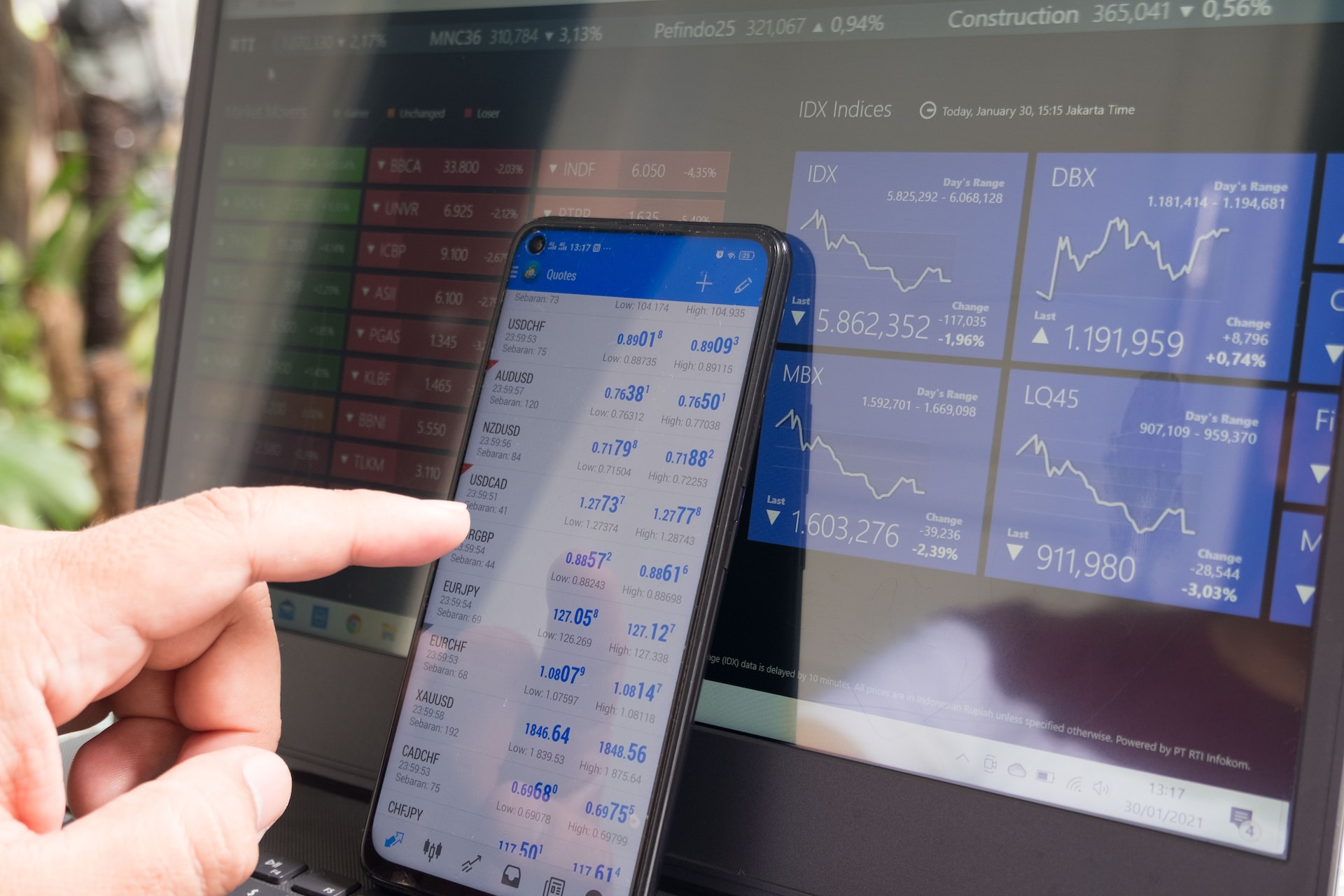Trading in the forex market can be daunting at times for beginners. But if there is a basic understanding of different trading and forex concepts, you can quickly initiate the trading of fiat currencies.
Knowing the popular terms and trends in the forex trading market is a significant step towards thoughtful and effective trading.
You need to remain up-to-date on the must-know Forex terminology. This will help you understand the first step toward developing your trading strategy.
In this article, we will discuss some of the most basic terminology and concepts that are used in forex trading.
Contents
List Of Basic Forex Trading Terminology
Before starting trading, you must familiarize yourself with the basic trading terminology. Here are some of the important concepts and terms that you must know.
1. Currency Pair
There are 185 recognized currencies circulated in 195 nations. As a trader, you can speculate on the performance of certain currencies and use a range of analyses and research to anticipate how the currency will perform in a specified marketplace.
How we trade these currencies is based on one currency’s performance against the Forex trading. Thus, when you select a currency to trade, you can notice that these come in pairs. For instance, the EUR/USD case.
You can also trade some of your favorites, forex crosses, and exotics in robomarkets and find different currency pairs.
2. Ask Price Or Bid
The bid or ask price is the market price for the sale of an asset. However, the difference between the bid and ask price is known as the spread.
The bid price is the cost the trader is usually willing to sell a currency pair.
Therefore, these ask prices are usually displayed on MT4 on the left-hand side of the market watch section.
3. Leverage
The term leverage is used when you borrow capital to increase one’s buying power in the forex market.
Similarly, you can use leverage to trade more currency than what you have in your trading account.
For instance, if you have a trading account with a brokerage that offers 50:1 leverage, it states that you can trade up to the value of $50 for every $1. This will make a larger trade than one could otherwise with just one own capital.
For new traders, it is best to trade with a demo account as it offers leverage and trading practices without bearing any risk of your own capital.
4. Margin
In forex trading, the margin indicates a certain amount of money a trader must emphasize. Therefore, a trader should hold and open a position to express a certain amount of total position size.
Some of the key terms that you need to understand to margin are free margin, used margin, and margin call.
5. Going Short Or Long
When a trader is going long on a currency pair, the first part of the pair is bought while the second is sold. When you go long and buy a currency, it means you are expecting the price to rise—for example, USD or AUD.
Thus, buying an Australian dollar against the US dollar can lead to rising expectations if the AUD rises.
6. Lot Size
It refers to the currency units traded in a forex position. Generally, traders express this as a standard size, a mucro lot, and a mini lot.
- The micro lot is 1,000 units of base currency.
- A standard lot is equivalent to 100K units of base currency in the forex trading market.
- The mini lot is 10,000 units of base currency.
When you specify the currency being traded, you can better manage the risk and ensure they are trading within their risk tolerance.
Summing Up
As you have seen above, there are many technical terms and concepts in the world of forex trading.
Therefore, if you are a trader, inculcate the habit of reading and staying updated with the recent introductions and changes in teh forex market. Thus, building our existing knowledge will ensure a well-rounded trade and view to become more profitable.
Similarly, forex trading can be a bit complex to handle, but with the right tools and skills, we can continue to grow as traders.



